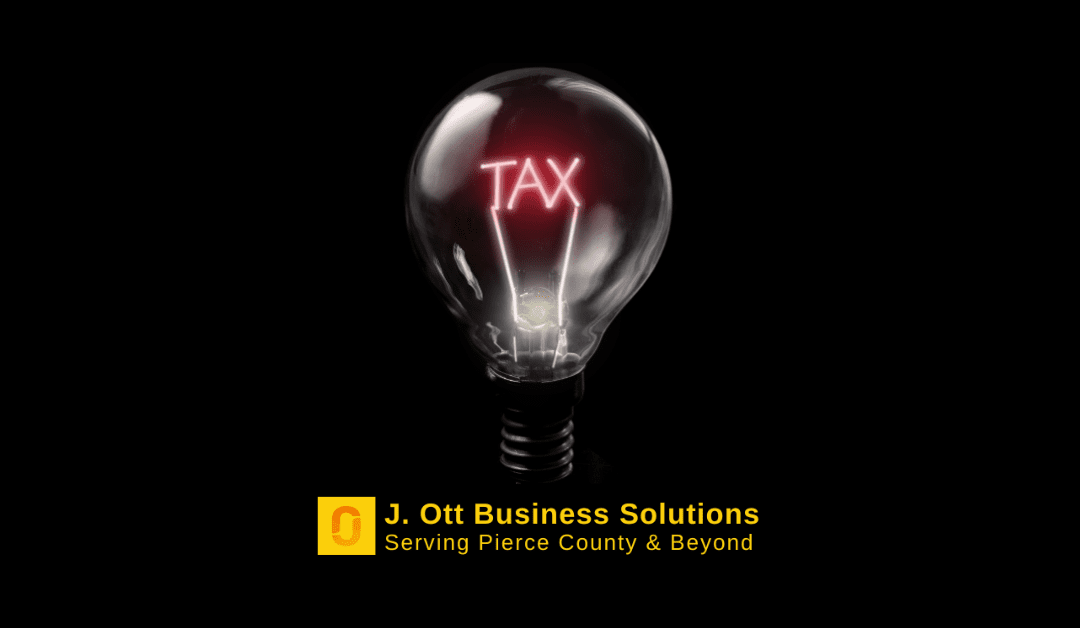Small business owners may find it challenging to keep up with the continual changes in tax rules and regulations. Tax law violations, however, may incur penalties, fines, and even legal repercussions. In this blog post, we will discuss how small business owners can stay compliant with any changes to tax rules or regulations that may be relevant to them.
1. Keep up to date with changes in tax laws.
As tax regulations are subject to continuous change, it is crucial for small business owners to stay educated. Checking the IRS website frequently, reading tax-related news outlets, and speaking with a tax expert are the best ways to accomplish this. Deductions, credits, and deadlines may change as a result of changes to tax rules, so it’s critical to stay up to date.
2. Recognize the effects of the Tax Cuts and Jobs Act (TCJA).
In 2017, the Tax Cuts and Jobs Act (TCJA) was enacted into law, significantly altering the tax code. One of the most prominent modifications was the corporation tax rate’s decrease from 35% to 21%. A new deduction for eligible business income was also added by the TCJA for pass-through companies like S corporations and partnerships. It’s critical for small business owners to comprehend the TCJA’s consequences and how they relate to their industry.
3. Pay attention to local and state tax regulations.
State and local tax rules are also important for small business owners to be aware of, even if federal tax laws may receive the most attention. Depending on where your business is located, these laws can differ significantly. For instance, while some states do not have a sales tax, others do. Small business owners can save money by avoiding costly mistakes by understanding state and local tax rules.
4. Maintain truthful records.
Keeping correct records is one of the best ways to stay in compliance with tax rules. This entails keeping an account of all earnings and outlays as well as keeping tabs on all credits and deductions. Small business owners can avoid errors on their tax returns and prepare supporting evidence in the event of an audit by maintaining precise records.
5. Speak with a tax expert
Finally, owners of small businesses should think about seeking advice from a tax expert. You may get guidance from a tax expert on how to prepare your tax returns, stay compliant, and comprehend changes to the tax rules. Hiring a tax professional comes at a cost, but the peace of mind and potential savings may be well worth it.
Finally, small business owners need to be informed of any changes to tax rules and regulations that may have an impact on their enterprise. Small business owners can stay compliant and prevent costly mistakes by being informed, comprehending the TCJA’s ramifications, paying attention to state and local tax rules, keeping proper records, and consulting with a tax expert.

